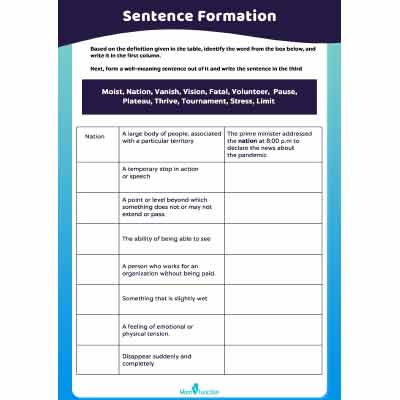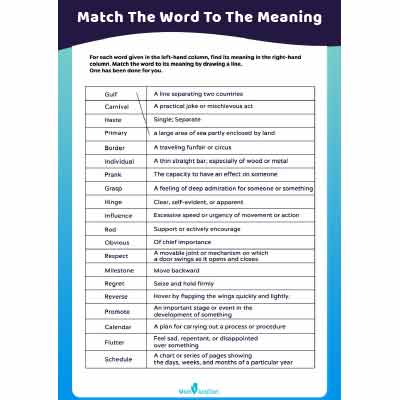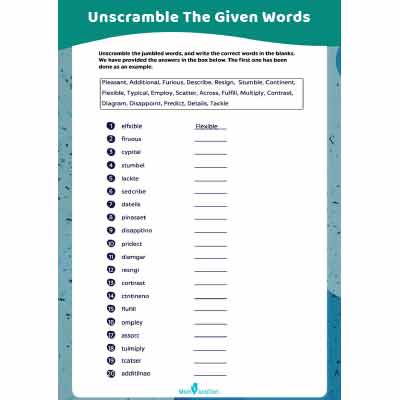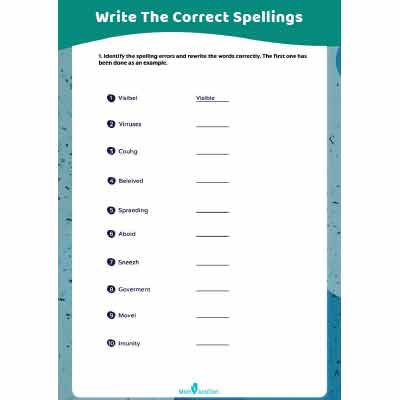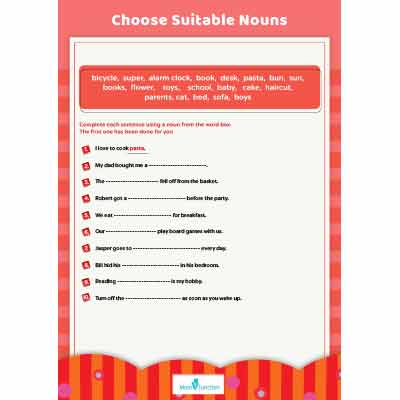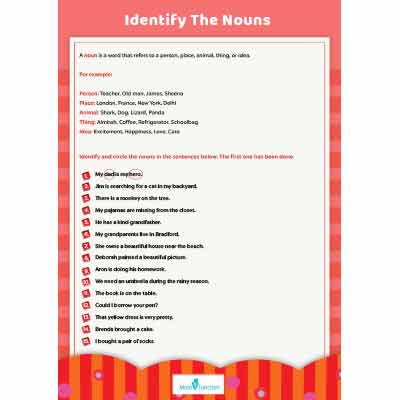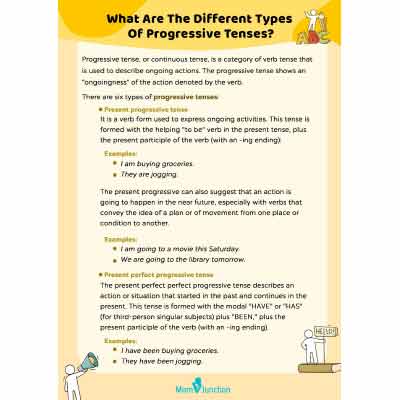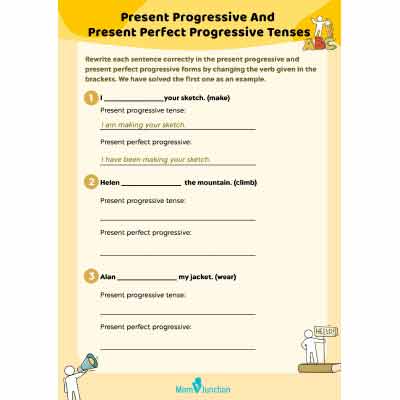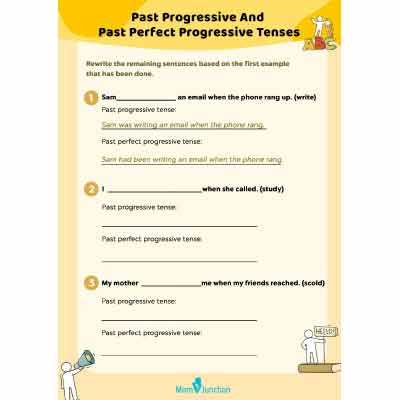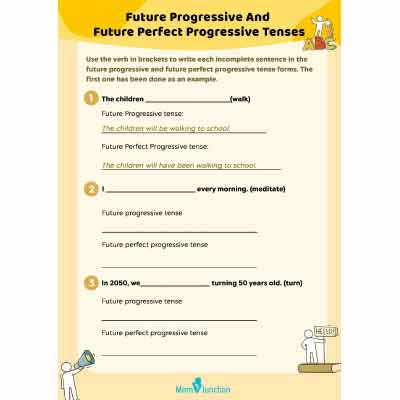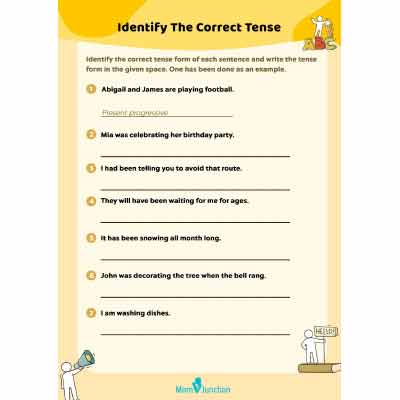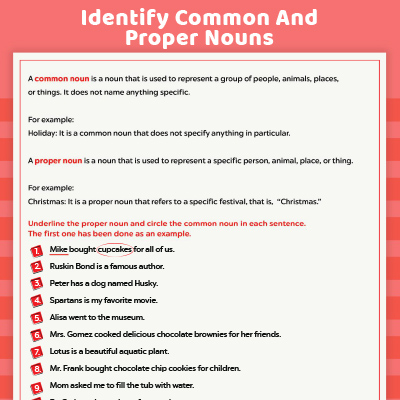Learning antonyms is a vital aspect of language development for young children. An antonym matching worksheet can introduce children to the concept of opposites in a fun and interactive way. This age-appropriate worksheet features different words with corresponding pictures on one side and their antonyms on the other. The child has to identify the words and match them to their antonyms by drawing a line. This activity can help young children reinforce their memory connections by associating two words with opposite meanings. Read on to learn more about how learning antonyms can be beneficial for kindergartners.

Benefits Of Learning Antonyms For A Kindergartener
Here’s how learning opposite words can set a strong foundation for future learning:
- Expands vocabulary: Learning opposite words exposes children to many new words, which enhances their vocabulary.
- Improves contextual understanding: Connecting a word to its opposite helps children remember both words. It also allows them to understand the meaning of words in different contexts.
- Boosts communication: Many antonyms are related to emotions and social behavior. Knowing them can help children describe their feelings or situations in more detail.
- Enhances reading skills: When children learn what a word means and how to use it, it makes reading and comprehension easier.
Kindergarteners are at an early stage of developing language skills. Hence, it is essential to help them understand the correct usage of words in different contexts. This antonym matching worksheet can help toddlers learn new words and their opposites. Learning antonyms helps children learn words’ meanings and their proper usage. Once the child gets familiar with the antonyms, have them match the synonyms to enhance their literary skills further.
Answer key
Key Pointers
- Learning antonyms helps grow a child’s vocabulary.
- Understanding word meanings in different contexts can help enhance comprehension.
- Knowing opposite words helps children better express themselves.
- Knowledge of antonyms also enhances reading skills.
Community Experiences
Join the conversation and become a part of our nurturing community! Share your stories, experiences, and insights to connect with fellow parents.
Read full bio of Elisa Yi
Read full bio of Trisha Chakraborty
Read full bio of Poulami Nag
Read full bio of Shinta Liz Sunny






